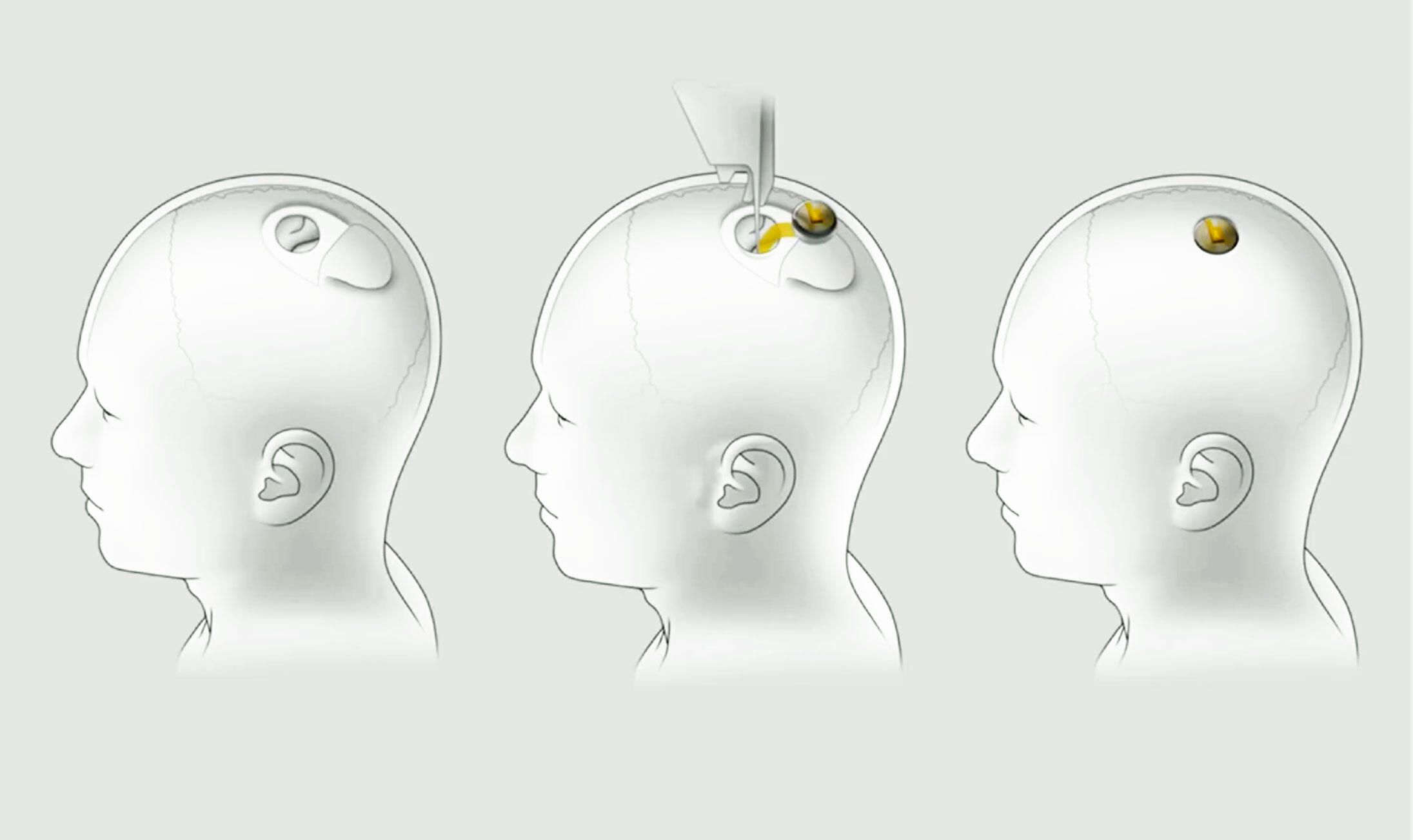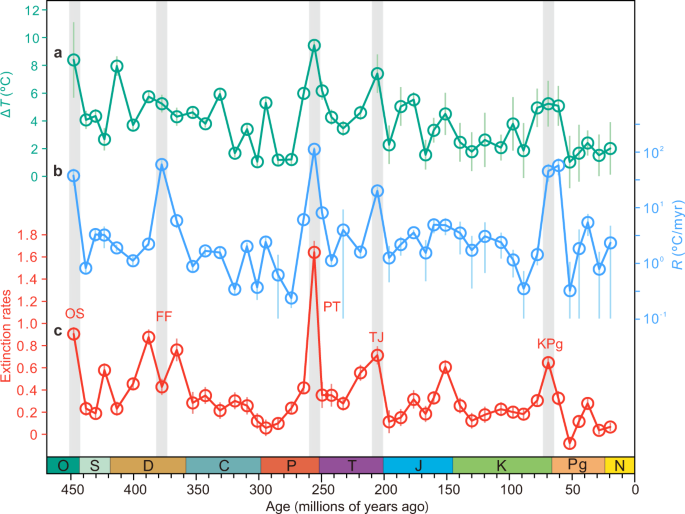
A complex link between body mass index and Alzheimer’s
Though obesity in midlife is linked to an increased risk for Alzheimer’s disease, new research suggests that a high body mass index later in life doesn’t necessarily translate to greater chances of developing the brain disease.
In the study, researchers compared data from two groups of people who had been diagnosed with mild cognitive impairment – half whose disease progressed to Alzheimer’s in 24 months and half whose condition did not worsen.
The researchers zeroed in on two risk factors: body mass index (BMI) and a cluster of genetic variants associated with higher risk for Alzheimer’s disease.
Their analysis showed that a higher genetic risk combined with a lower BMI was associated with a higher likelihood for progression to Alzheimer’s, and that the association was strongest in men.
The finding does not suggest people should consider gaining weight in their later years as a preventive effort – instead, researchers speculate that lower BMI in these patients was likely a consequence of neurodegeneration, the progressive damage to the brain that is a hallmark of Alzheimer’s. Brain regions affected by Alzheimer’s are also involved in controlling eating behaviors and weight regulation.





















